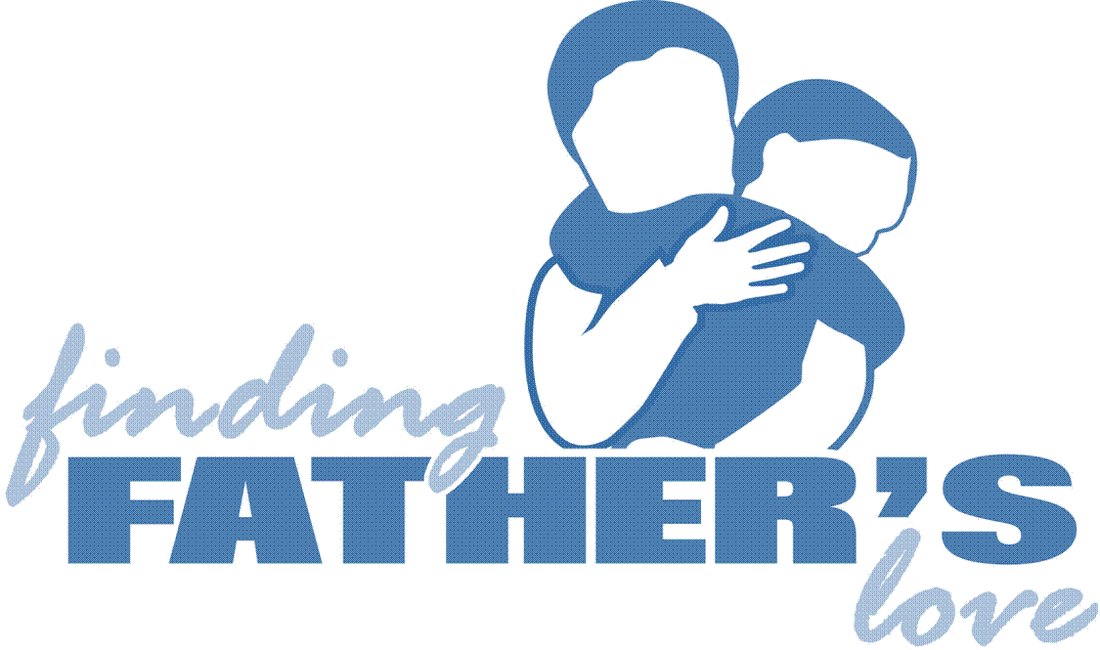Each of us has been uniquely created with abilities and traits that are easily recognized as our personal strengths. Some of us are gifted musically, others of us shine academically. Some of us would be described as empathetic, others are depicted as effervescent.
We also--if we are honest--all have areas of our lives where we are lacking in terms of talents or attributes. While we may have keen insight as to what makes people tick we may be clueless as to what makes our car engine tick. We may know how to organize a major event but can't seem to organize our closet.
In a healthy family environment, children's strengths are recognized, affirmed, and developed. But in homes where serious dysfunction is present (e.g. a parent's addiction, uncontrolled anger, abandonment, constant criticism) a child's greatest strengths can be taken to such an extreme that they become his or her greatest weaknesses. Driven by the often insatiable need for attention and affirmation, a child's God-given abilities and traits can be transformed from blessings to curses.
- A child's desire for excellence, fueled by the insecurity of a chaotic environment, can become a need for perfection.
- Living in a dysfunctional family environment can turn a child's spirit of independence into a “nobody’s gonna tell me what to do” attitude.
- Taken to an extreme, a child's sense of responsibility turns into his or her becoming super responsible. He or she begins to believe that they are responsible for everyone and everything.
- A child's caring nature becomes detrimental when he or she become so busy caring for others that they don’t care for themselves.
- For a child trying to prove his or her worth, being disciplined and task-oriented can become an obsession--so much so that there is no room in their lives for spontaneity or fun.
- A child's sense of humor can be affected in that his or her natural ability to joke and laugh becomes a means of avoiding their pain; they are always “on,” they find it hard to ever be serious because serious hurts too much.
- A child's boldness to say what he or she believes, when elevated by the anger associated with their home life, can lead to their being argumentative. He or she have to be right in every situation--even when they know they're wrong.
- A child's sense of loyalty can become an undying allegiance that prevents him or her from acknowledging reality, often leading to their involvement in gangs and toxic romantic relationships.
- When living with people who are unsafe, a child who is naturally shy can become reclusive.
- A child who is compliant by nature, when subjected to a demanding parent, learns that it is wrong to stand up for themselves.
- When a child's rights are violated in the home, his or her assertiveness can turn into aggressiveness.
The damage caused from growing up in a dysfunctional family environment is far reaching. Everyone in the family system is affected. Many times the effects aren't recognized until they rear their ugly heads in our adult relationships.
The first step toward addressing our "issues" is recognizing that there may be underlying reasons we have them. Many times when trying to understand why we are the way we are we don't connect the dots between past and present.
Once we gain an understanding of where our behaviors originated we can get about the business of reshaping them. We can find healthy ways to address our still-present need for attention and affirmation. With our Creator's help our strengths can truly become strengths once again.




 RSS Feed
RSS Feed